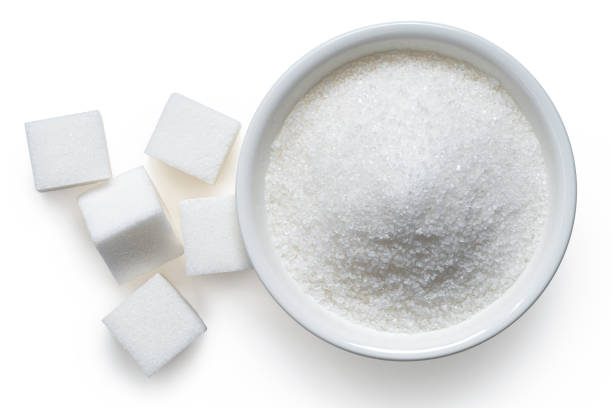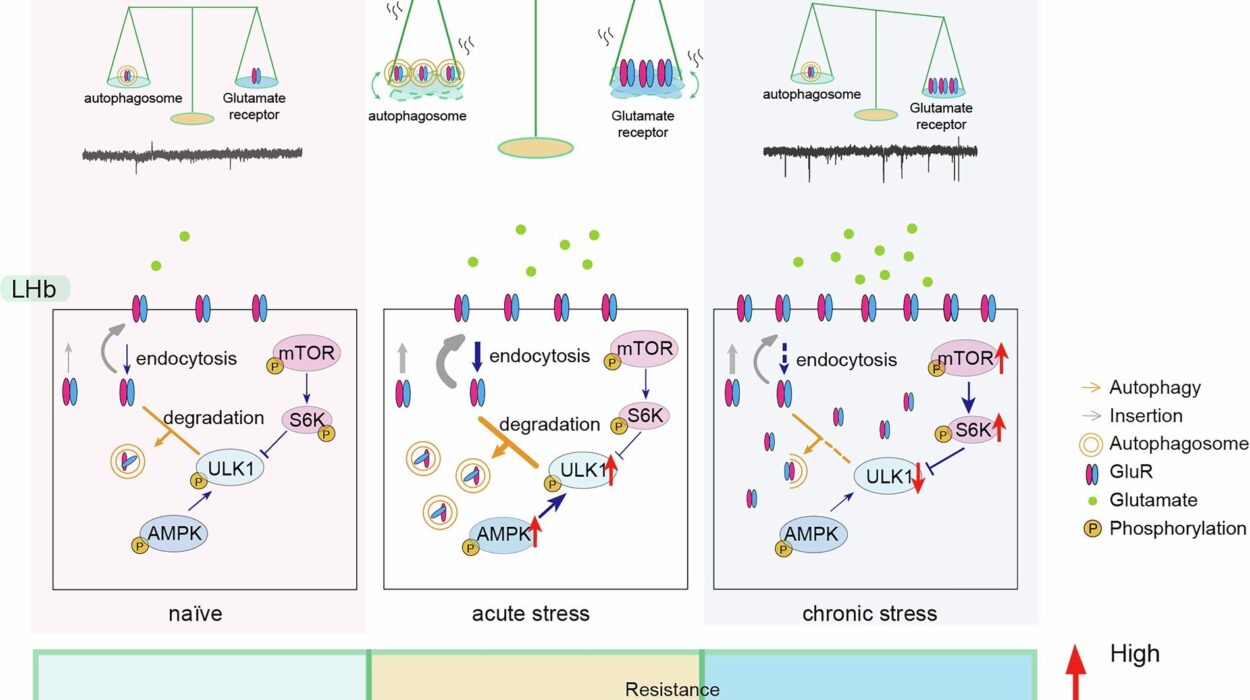Sugar is one of the most powerful temptations in our daily lives. From the sweet aroma of freshly baked pastries to the fizz of a cold soda, sugar surrounds us, offering comfort, joy, and instant energy. But behind its delightful taste lies a more complicated story—a story of biology, chemistry, and health that scientists have been unraveling for decades.
While sugar is not inherently evil—it is, after all, a vital source of quick energy for our bodies—excessive consumption has profound effects. Our bodies are finely tuned machines, and when sugar intake exceeds natural limits, the consequences ripple through nearly every system. In this article, we will dive into 15 scientifically backed ways sugar affects your body, revealing both its immediate impacts and its long-term consequences.
1. Sugar Provides a Quick Energy Boost
One of the most immediate effects of sugar is its ability to provide fast energy. When you eat sugar, your digestive system quickly breaks it down into glucose, which enters your bloodstream. This causes a rapid rise in blood sugar levels, delivering an instant burst of energy.
This is why athletes sometimes rely on glucose gels or sports drinks during intense exercise—sugar can be a quick fuel. However, the body’s reaction to this surge is just as important: a sharp spike is almost always followed by a dip, leading to the infamous “sugar crash.”
2. Sugar Causes Energy Crashes
The same glucose that gives you energy can also leave you feeling drained. When blood sugar spikes, your pancreas releases insulin to help transport glucose into your cells. But often, insulin overshoots, lowering blood sugar too quickly.
The result? Fatigue, irritability, and cravings for—you guessed it—more sugar. This rollercoaster of highs and lows can create a cycle of dependence, where your body repeatedly craves the temporary high of sugar, even as it exhausts you in the long run.
3. Sugar Increases the Risk of Weight Gain
One of the most well-documented effects of excessive sugar consumption is its connection to weight gain and obesity. Unlike protein or fiber-rich foods, sugar is calorie-dense but not satiating. In other words, it gives you energy but doesn’t keep you full for long.
Sugary foods and drinks also bypass the body’s natural satiety signals. For example, liquid sugars from sodas or juices don’t register as “filling” the same way solid foods do, leading people to consume more calories overall. Over time, this calorie surplus contributes to fat accumulation, especially around the abdomen.
4. Sugar Contributes to Insulin Resistance
When sugar intake remains consistently high, the body is exposed to repeated spikes in insulin. Over time, cells can become less responsive to insulin’s signals, forcing the pancreas to produce more and more. This condition, known as insulin resistance, is a precursor to type 2 diabetes.
Insulin resistance doesn’t develop overnight—it is the result of years of excessive sugar and calorie consumption, often combined with a sedentary lifestyle. Once established, it can disrupt metabolism, making it harder for the body to regulate energy properly.
5. Sugar Raises the Risk of Type 2 Diabetes
Closely linked to insulin resistance is the development of type 2 diabetes. In this condition, the body can no longer effectively regulate blood sugar, leading to chronically elevated glucose levels.
Studies consistently show a strong relationship between high sugar consumption—especially from sweetened beverages—and increased risk of type 2 diabetes. The connection is not simply about sugar itself but about the way it overwhelms the body’s natural systems of glucose control.
6. Sugar Affects Heart Health
For many years, fat was blamed as the major dietary culprit in heart disease. But modern research shows that excess sugar is also harmful to the cardiovascular system. High sugar intake contributes to obesity, inflammation, high triglycerides, and high blood pressure—all risk factors for heart disease.
One landmark study revealed that individuals who consumed more than 25% of their daily calories from added sugar were more than twice as likely to die from heart disease compared to those who consumed less than 10%. This shows that sugar’s impact extends far beyond weight—it directly affects heart health.
7. Sugar Increases Liver Fat
Excess sugar, especially in the form of fructose, is processed primarily by the liver. While small amounts of fructose are not harmful, consistently high intake forces the liver to convert it into fat.
Over time, this can lead to non-alcoholic fatty liver disease (NAFLD), a condition increasingly common in people who consume high amounts of processed foods and sugary drinks. NAFLD can progress into liver inflammation, scarring, and even liver failure in severe cases.
8. Sugar Fuels Tooth Decay
It’s no surprise that sugar is a leading cause of dental cavities. When sugar lingers on the teeth, it feeds harmful bacteria in the mouth. These bacteria produce acids that erode enamel, creating holes in the teeth.
The relationship between sugar and dental health has been recognized for centuries. Even small, frequent exposures to sugar—such as sipping soda throughout the day—can significantly increase the risk of decay. Regular dental care and limiting added sugars remain the best defenses.
9. Sugar Disrupts Gut Health
The trillions of microbes living in your digestive system—collectively known as the gut microbiome—play a crucial role in digestion, immunity, and even mental health. Excess sugar can disrupt this delicate ecosystem.
A diet high in sugar promotes the growth of harmful bacteria and yeast while reducing beneficial bacteria. This imbalance, known as dysbiosis, has been linked to conditions like obesity, irritable bowel syndrome, and inflammatory diseases. Maintaining a balanced microbiome requires fiber-rich, plant-based foods—not sugary snacks.
10. Sugar Increases Inflammation
Chronic low-grade inflammation is at the root of many modern diseases, from heart disease to cancer. Excess sugar has been shown to fuel inflammatory processes in the body.
When blood sugar spikes repeatedly, it can damage cells and blood vessels, triggering the immune system to respond with inflammation. Over time, this chronic response wears down tissues and contributes to disease progression. Reducing sugar intake can significantly lower inflammatory markers in the body.
11. Sugar Affects Brain Health
Sugar doesn’t just affect the body—it also impacts the brain. Research shows that excessive sugar consumption impairs cognitive function, memory, and learning. High sugar diets have been associated with reduced brain-derived neurotrophic factor (BDNF), a protein essential for brain health.
Some studies even suggest a link between high sugar intake and increased risk of neurodegenerative diseases such as Alzheimer’s, sometimes referred to as “type 3 diabetes” because of its ties to insulin resistance in the brain.
12. Sugar Can Be Addictive
Have you ever noticed how difficult it is to stop eating sweets once you start? That’s because sugar activates the brain’s reward system, releasing dopamine in a way similar to addictive substances.
While sugar is not addictive in the same sense as drugs like nicotine or cocaine, it does create strong cravings and withdrawal-like symptoms. This “addictive potential” helps explain why reducing sugar is so challenging for many people, even when they are aware of its harms.
13. Sugar Accelerates Skin Aging
Sugar’s impact reaches even your skin. When sugar enters the bloodstream, it can attach to proteins in a process called glycation. This process produces advanced glycation end-products (AGEs), which damage collagen and elastin—the proteins responsible for skin’s firmness and elasticity.
As a result, excessive sugar consumption accelerates wrinkles, sagging, and other signs of aging. Dermatologists often recommend limiting sugar as part of a holistic approach to maintaining youthful, healthy skin.
14. Sugar Interferes with Hormones
Sugar consumption affects not only insulin but also other hormones in the body. For example, diets high in sugar can disrupt leptin, the hormone responsible for regulating hunger and satiety. When leptin signaling is impaired, the brain doesn’t receive the message that the body has enough fuel, leading to overeating.
Additionally, excess sugar has been linked to increased production of cortisol (the stress hormone) and imbalances in sex hormones, potentially affecting fertility and reproductive health.
15. Sugar Shortens Lifespan
Perhaps the most sobering effect of excessive sugar is its connection to shortened lifespan. Studies on animals and humans alike show that diets high in added sugars are associated with higher risks of chronic diseases, organ damage, and premature death.
Sugar accelerates aging at the cellular level by increasing oxidative stress and shortening telomeres—the protective caps at the ends of DNA strands. Shorter telomeres are directly associated with aging and decreased longevity.
Conclusion
Sugar is woven into human culture—it sweetens our celebrations, comforts us in sadness, and fuels our busy lives. But while small amounts are natural and harmless, excessive sugar consumption is one of the most significant threats to modern health. From disrupting metabolism to harming the heart, liver, brain, and even skin, sugar affects nearly every corner of the body.
Understanding sugar’s impact is not about eliminating sweetness from life, but about balance, awareness, and respect for the body’s limits. The science is clear: when consumed in moderation, sugar can be enjoyed as part of a healthy diet. But when consumed in excess, it becomes a silent, powerful force that shapes health outcomes for years to come.






